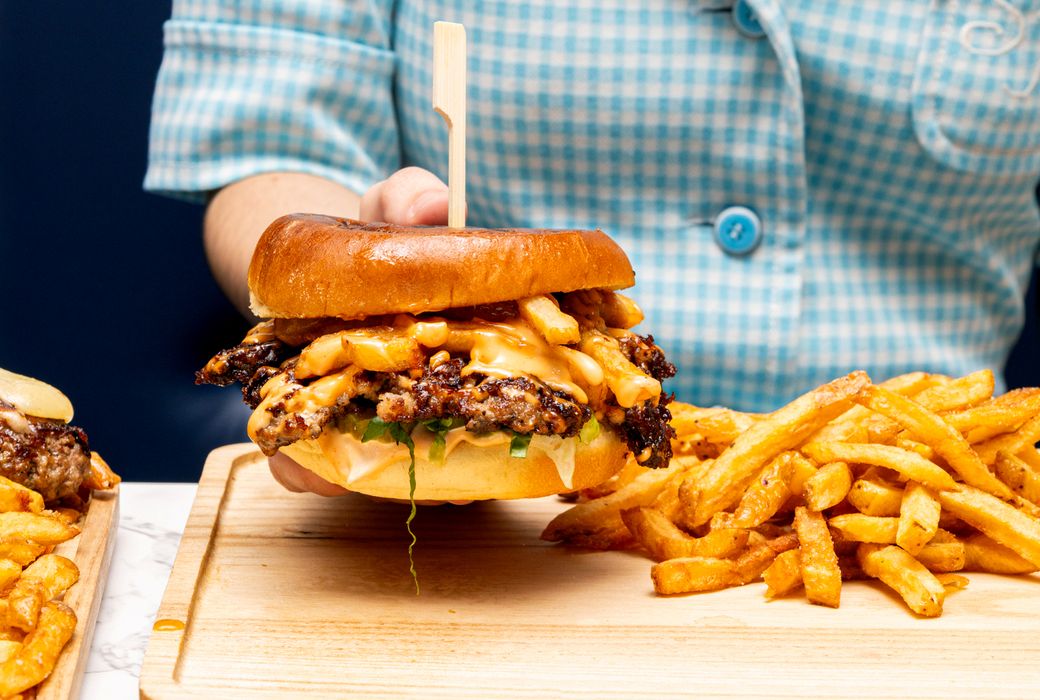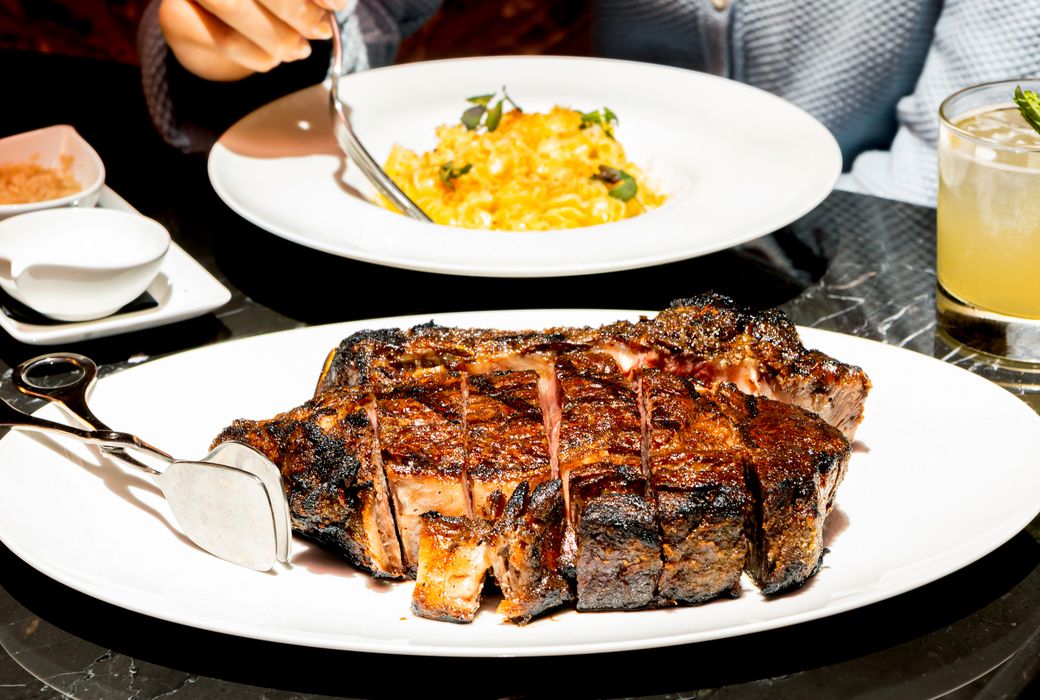Delina
Delina in the Beaches serves up quick meals with a homemade feel. Balance any order with crisp hot falafel by the piece or hone in on a plate brimming with falafel and a choice of three sides, from lentil rice and beet salad to zingy tabbouleh.
Photos by
blogTO







